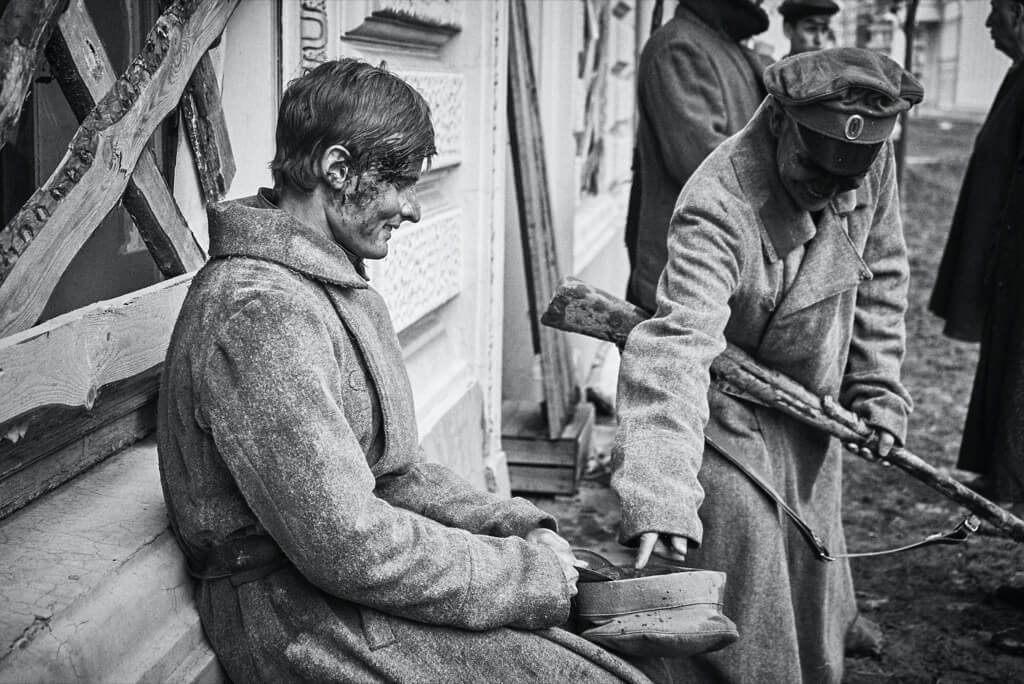Winfield Scott
Winfield Scott’s involvement in the Mexican-American War earned him recognition as a skilled military leader. His strategic brilliance and contributions to American victories in battles like Veracruz and Mexico City elevated his status within the military sphere. However, transitioning from a celebrated military career to a political arena posed unforeseen challenges as his vocal stance on the Compromise of 1850 caused a rift within his party, eclipsing his military accolades.
Scott’s support for the Compromise of 1850, a series of legislative measures addressing slavery and territorial issues, aimed at averting a looming national crisis. However, his open endorsement of the Compromise, especially its controversial Fugitive Slave Act, alienated segments of the Whig party. His stance on these divisive issues divided public opinion, drawing criticism from both his opponents and factions within his own party, ultimately contributing to his electoral defeat.
Scott’s bid for the presidency in 1852 was marred by vehement criticism from various quarters. His public endorsement of the Compromise of 1850, despite warnings against discussing the divisive topic of slavery, was perceived as a strategic misstep. This led to scathing remarks from political adversaries and party members alike, painting his campaign as ill-conceived and unappealing to voters. The unfavorable reception from his party and media outlets further undermined his electoral prospects.
Scott’s defeat in the 1852 presidential election dealt a severe blow to his political ambitions. Not only did he lose decisively to Franklin Pierce, but his lackluster campaign and the alienation of his party members tarnished his political legacy. Despite his remarkable military feats, Scott’s unsuccessful bid for the presidency relegated him to the pages of forgotten history, overshadowed by his shortcomings as a political candidate.
Victoria Woodhull
Victoria Woodhull’s groundbreaking foray into presidential candidacy in 1872 heralded a watershed moment in American politics as she became the first woman to pursue the highest office in the nation. Her audacious step shattered societal norms, opening doors for future female political aspirants and advocating for gender equality and women’s suffrage.
Woodhull’s personal journey, marked by adversity and challenges, profoundly influenced her political advocacy. Her early coerced marriage at 15, followed by a difficult divorce, underscored her commitment to championing women’s independence and rights. Her own struggles propelled her to advocate for societal change, emphasizing the importance of gender equality and advocating for women’s empowerment in various spheres.
Beyond her political ambitions, Woodhull made significant strides in diverse fields. As a trailblazer in finance, she, alongside her sister, launched the first female-run brokerage firm on Wall Street, breaking gender barriers in the financial sector. Simultaneously, her involvement in spiritualism and belief in mediums and seances provided her with a unique platform to challenge societal norms and promote her ideas of equality and societal reform.
Woodhull’s presidential campaign was not solely about achieving the highest office; it was a bold proclamation advocating societal transformation. Her platform went beyond conventional political rhetoric, focusing on broader societal issues such as labor rights, education reform, and advocating for the marginalized and disenfranchised, reflecting her vision of a more equitable society.
Horatio Seymour
Horatio Seymour entered the 1868 presidential election as the Democratic candidate, confronting daunting challenges against his opponent, Ulysses S. Grant. Despite Seymour’s extensive political background as a former governor of New York, the political climate and the aftermath of the Civil War posed significant obstacles to his campaign.
Seymour’s stance on states’ rights amidst the post-Civil War Reconstruction period defined his platform. He advocated for a restoration of states’ authority and sought to address the challenges arising from Reconstruction policies. However, his approach failed to resonate widely with the electorate, impacting his campaign and contributing to his defeat.
Following Seymour’s defeat in the 1868 election, his political presence dwindled, and he gradually faded into relative obscurity. Despite his significant political experience and contributions, Seymour’s inability to secure the presidency diminished his national prominence. Over time, his name became less prominent in the broader historical narrative of American presidential elections.
John W. Davis
He embarked on the 1924 presidential election as the Democratic nominee, facing a party deeply divided amidst evolving political landscapes. The Democratic Party grappled with internal disagreements and ideological rifts, presenting a challenging backdrop for Davis’s candidacy.
Davis brought substantial legal expertise and a distinguished career to his presidential bid. His professional trajectory as a prominent attorney and Solicitor General of the United States showcased his legal prowess. However, his legal background did not translate into electoral success as anticipated, impacting the trajectory of his political legacy.
Despite his legal acumen and efforts, Davis’s bid for the presidency fell short in the 1924 election. The electoral landslide victory for Calvin Coolidge overshadowed Davis’s campaign, relegating his political aspirations and contributions to a lesser-known chapter in American political history.
Davis’s defeat in the 1924 election marked a turning point in his political career, leading to a gradual fading of his political legacy over time. Despite his legal eminence and notable career achievements, his inability to secure the presidency contributed to his diminishing prominence within the broader landscape of American presidential contenders.
Alton B. Parker
Alton B. Parker entered the 1904 presidential race facing formidable obstacles amid Theodore Roosevelt’s immense popularity. As the Democratic nominee, Parker encountered a political landscape dominated by Roosevelt’s widespread appeal and faced an uphill battle to garner support for his candidacy.
Parker brought significant judicial experience and a strong legal background to his presidential bid. His distinguished career as a jurist and former Chief Judge of the New York Court of Appeals underscored his legal acumen. Despite his notable credentials, Parker’s expertise did not translate into substantial electoral success during the 1904 election.
The 1904 presidential election culminated in a resounding victory for Theodore Roosevelt, overshadowing Parker’s candidacy. Roosevelt’s widespread popularity and broad public appeal resulted in an overwhelming win, casting Parker’s bid into the shadows of American political history.
Parker’s defeat in the 1904 election marked a forgotten chapter in the annals of American politics. Despite his judicial prowess and legal standing, Parker’s unsuccessful bid for the presidency faded into relative obscurity over time, eclipsed by the overwhelming victory and enduring legacy of Theodore Roosevelt.
While overshadowed by more prominent victors and dominant political forces of their time, their contributions and aspirations echo the diverse narratives and challenges that shaped presidential elections. Despite their defeat and subsequent fade into obscurity, their endeavors and campaigns hold valuable lessons and perspectives, offering insights into the complexities and nuances of political landscapes.




